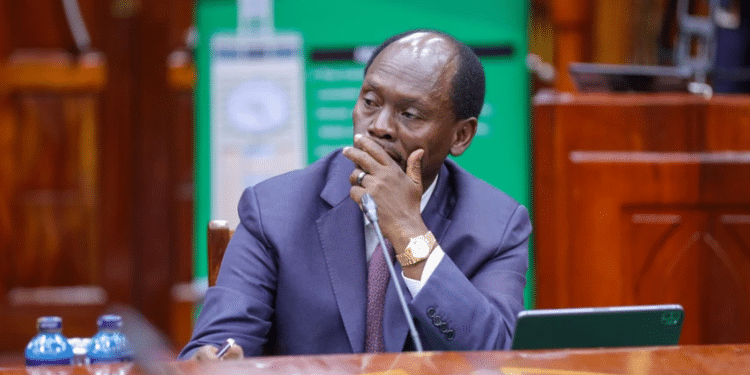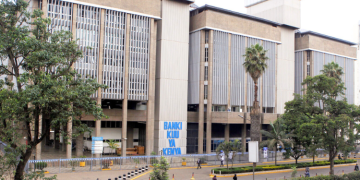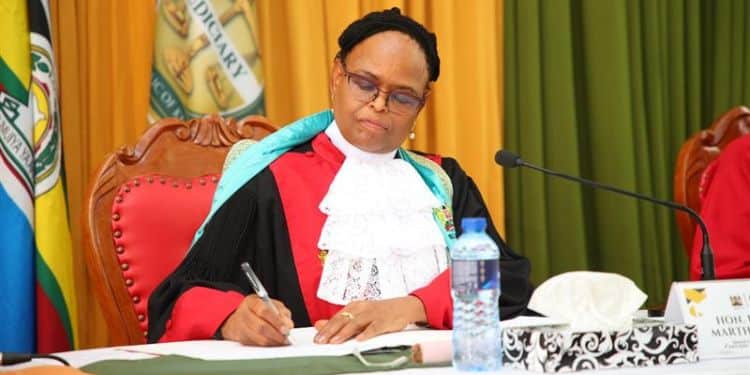Succession process in Kenya is done in line with set procedures, and those carrying out the process need to have the mandatory documents.
The documents include a death Certificate, original will (if any), identity documents of the deceased and applicants, title Deeds or proof of ownership, petition and affidavits.
In Kenya, the succession process begins with the official registration of the deceased’s death and obtaining a death certificate.
It is an essential document to initiate the legal transfer of the estate to the rightful heirs.
If the deceased leaves a valid will, the executor named in the will applies to the court for probate.
This legal step validates the will and authorises the executor to administer the estate, according to the deceased’s wishes.
Succession with no will
In cases where there is no will, interested parties apply for Letters of Administration.
Thereafter, the court appoints an administrator to manage and distribute the estate following the Law of Succession Act, ensuring fair distribution among the heirs.
After the application for probate or administration is filed, a public notice is published in the Kenya Gazette.
The notice allows any interested party to raise objections within 30 days, safeguarding the process against fraud or disputes.
If no objections are raised, the court grants the probate or Letters of Administration.
Being granted the probate empowers the personal representative to take control of the estate and begin the process of inventory and valuation.
Also Read:How to Unlock, Reset Forgotten or Blocked M-PESA PIN
Roles of a personal representative
A personal representative then compiles a detailed inventory of the deceased’s assets and liabilities, and this is done to ensure proper management and distribution of the estate.
Once the estate is valued, the transfer of ownership, especially of land and property, is processed through the land office.
Relevant documents, including the grant of probate or administration, are submitted to update the title deeds to the beneficiaries’ names.
Arising matters in the process
In some counties, legal clinics have been established to assist families in understanding and navigating the succession process, providing free legal advice and support.
Also Read: M-KOPA Explained: How to Buy Motorbikes and Phones with Affordable Instalments
Throughout the process, disputes among heirs may arise. These are often resolved through mediation or court intervention to ensure compliance with the law and protect the rights of all parties involved.
Kenya’s succession process is governed by the Law of Succession Act, the Constitution, and the Land Registration Act.
This creates a clear legal framework that protects property rights and ensures the orderly transfer of estates.
Follow our WhatsApp Channel and join our WhatsApp Group for real-time news updates










































































